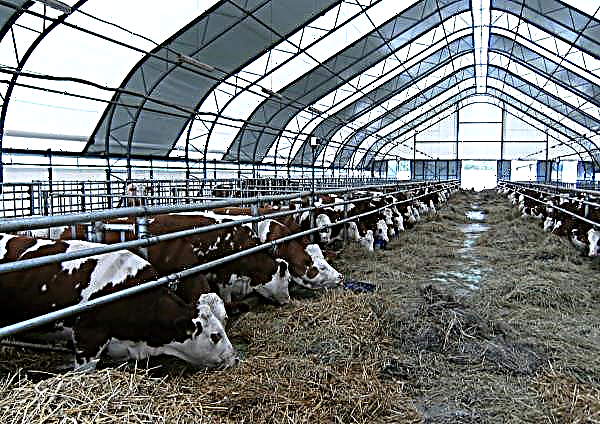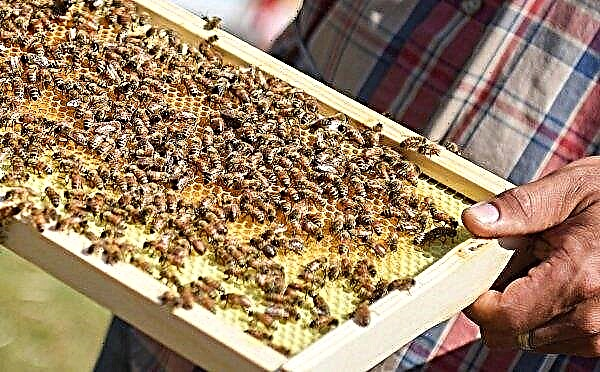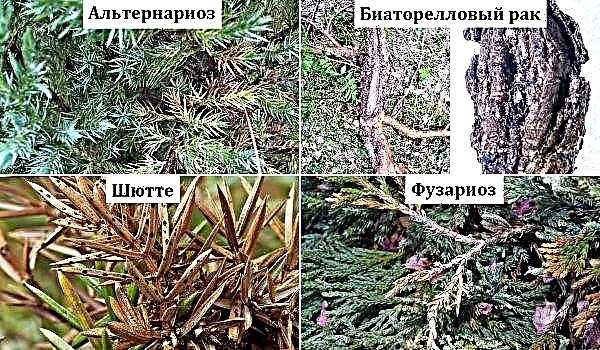According to German federal government estimates, field robots are not suitable for glyphosate replacement.
As can be seen from their response to a small request from the FDP parliamentary group, field robots can achieve a comparable effect with glyphosate-containing plant protection products only in a few cases of selective use, i.e. for controlling individual plants or for treating compactly growing weeds.
According to the federal government, there are currently prototypes and concepts for using field robots as stand-alone devices.
 The absolute leader in the field of field robotics is Europe, the shares of North America, Asia and the Pacific do not exceed 10%.
The absolute leader in the field of field robotics is Europe, the shares of North America, Asia and the Pacific do not exceed 10%.
However, they have not yet been tested on a larger scale in a production environment. Application concepts apply to high-quality vegetable crops or special forms of cultivation, such as organic sugar beets.
Here, the federal government basically gives field robots the opportunity to significantly reduce the use of chemical pesticides or even make them redundant.
At the same time, in its response, it made it clear that pesticides containing glyphosate were generally used non-selectively in areas where there was no crop at the time of processing. Mechanical methods are available only as an alternative.
- Earlier we reported that Puero Rico is not going to refuse glyphosate.
- Colombia intends to use glyphosate to control coca.
- German Agriculture Minister doubts the future use of glyphosate in Europe.
- The Austrian Parliament is the first in the EU to support the ban on the use of glyphosate.
- Glyphosate is prohibited at the University of California.












